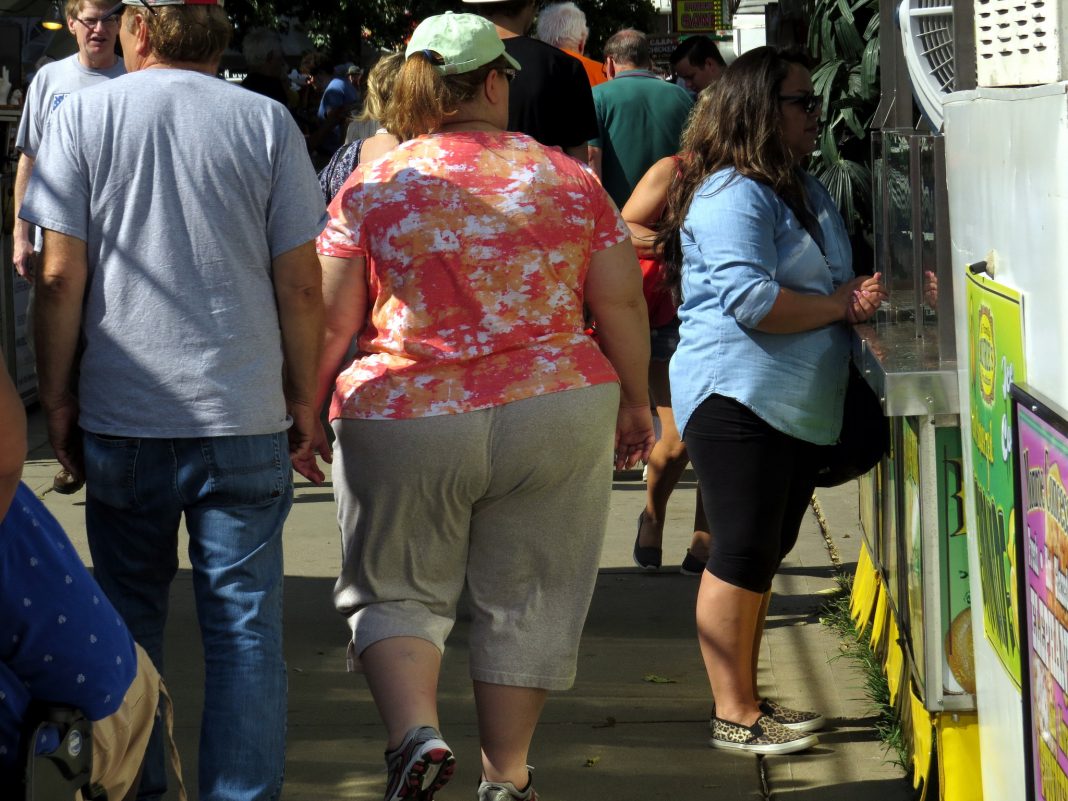Many of us make New Year resolutions to get fitter and more active, to eat more healthily and lose weight.
But though we might start out with good intentions, a tough session at the gym or a visit to the health food store can be enough to send us scuttling back to our couch and our super-sized packets of crisps.
Now a Sunderland academic is suggesting part of the problem might be trying to do too much too soon.
Morc Coulson, a lecturer in health-related exercise at the University of Sunderland, believes that the secret to sticking to our exercise plans and health-based resolutions is to make small, achievable changes in our routines.
Morc said, “Only one person in three follows the government’s advice on exercise. And that’s assuming those who say they do are actually telling the truth.”
“The Chief Medical Officer for the UK advises that we should exercise for about 30 minutes, five times a week (150 minutes).”
“The advice suggests moderate intensity aerobic exercise such as cycling or fast walking along with muscle-strengthening activities. So why do most people fail to meet the target?”
“Trying to do 150 minutes a week when you normally do nothing at all is too ambitious. You are setting yourself up for failure.”
“What happens is that people join a class which is much too vigorous, don’t enjoy it and ache terribly the next day. So they don’t go back.”
“More people give up on boot camps than any other form of exercise. They are good for people who are already fairly fit, but inactive people can’t go from zero to hero in just one session.”
“It’s much more effective to set yourself smaller goals which you can achieve – because that motivates you to do more.”
Morc suggests that incorporating very moderate physical activity into our day – like walking more frequently or even just standing up more – can make a significant difference to our health and reduce the chances of an early death.
Morc said, “The evidence in various studies has found that inactivity caused twice as many deaths as being overweight.”
“Those most at risk work in jobs where they sit down for most of the day and take no exercise in their spare time. However, the good news is that relatively small amounts of exercise – the equivalent of a 20-minute brisk daily walk – can offer protection against early deaths.”
According to the World Heart Federation, too much sitting around can be as bad for our health as smoking a packet of cigarettes a day.
Morc has a number of suggestions for getting more activity into our daily routines. These include walking around when talking on the phone instead of sitting down, standing up and stretching during TV advert breaks, and going for a short walk in your lunch hour.
Other tips include walking over to speak to colleagues instead of emailing them, washing your car yourself instead of going to the carwash, and getting off the bus a couple of stops early.
You could use the stairs instead of the lift, walk rather than drive whenever possible, and visit your local high street rather than shopping online. Carrying shopping bags can be a good workout for the muscles.
Also, we should cook more of our own meals instead of relying on convenience food and takeaways. Peeling and chopping veg and stretching to get things out of cupboards can be surprisingly good exercise.
These tips might not get us to the Olympics, but if they give our health a boost without us suffering the misery of doing too much exercise too soon, they’re probably worth a try.
(Featured image courtesy of Steve Baker, from Flickr Creative Commons.)
















